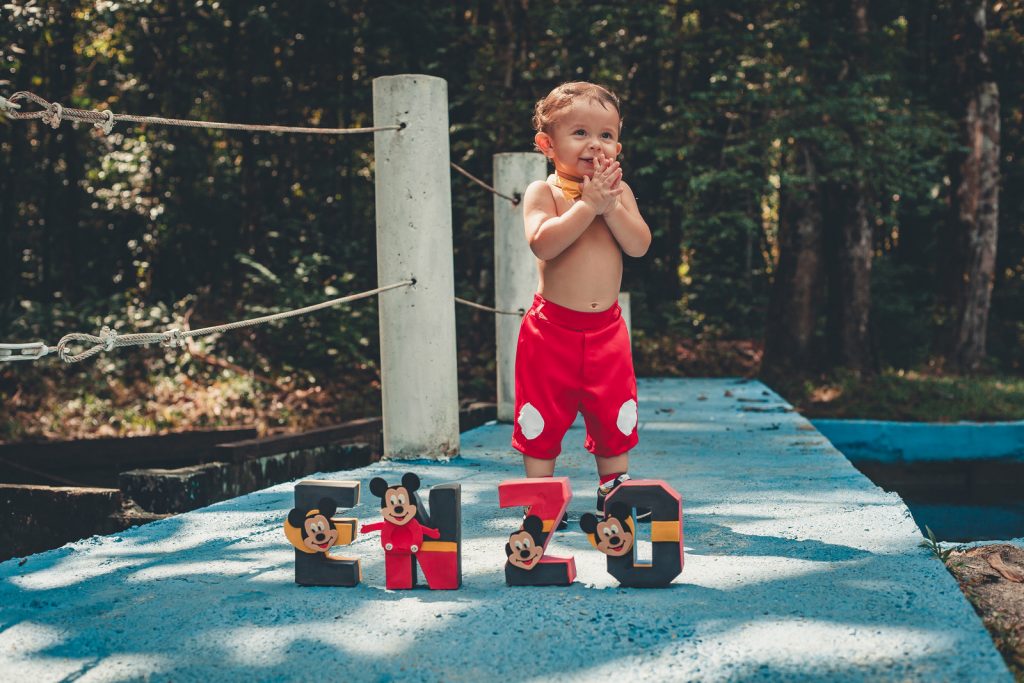
For expecting parents, names can hold a deep meaning and an exciting new endeavor. They often pour over family names, the meaning of names, and new, creative names. It can also be stressful and frustrating.
As adoptive parents, our children come to us already named and often older than the typical age that you would consider naming a child. So, what do you do? Should you rename your child?
Here are some things to consider:
A Mother’s Gift: Your child’s name is the only thing their birth mother could give them. This is something that I keep in mind, but it does not always dictate my decision. My heart goes out to the parents who have given birth to these babies, desiring to love them, but simply not having the resources or wherewithal to follow through.
A Pulchritudinous Name: Is it a name the child can pronounce? It may be a beautiful name, but every time the child struggles to say their own name or spell their own name, it comes out wrong. I am not necessarily talking about a three-year-old learning to read and write. Many children coming from impoverished homes may struggle with speech delays, cognitive delays, or learning disabilities that can create a permanent barrier for them to pronounce their own name. These issues may not be as fixable as simply maturing or learning.
Shia Ting: Is it appropriate for your culture? No matter how you try to say this Chinese name in our English culture, it comes out as “Shi-tting.” Do I need to say more?
Dolion or Anwir: Is the name appropriate for the child? Dolion means Liar in Greek. Anwir means Liar in English. It does not seem appropriate to name a child a Liar even if they do struggle with lying. It does not give them much of a chance for change or much of a chance at life.
Camouflage: Do you plan to give the child a new name to cover up something? We have known several adoptive parents who have chosen to rename their older child to symbolize a ‘new beginning’ for the child. There are three things to seriously consider before you do:
The child’s brain is not set up like a chalkboard. The trauma, memories, experiences, and difficulties are not going to go away with a new name.
The child’s personality and struggles are not going to go away with a new name. Camouflaging who they really are with a new name does not change who they are on the inside.
It may simply be too much newness for the child to get a new family, a new dog, a new house, new relatives, new surroundings, new siblings, AND a new name.
An Ex: Do you really hate your child’s current name? Maybe there was an abusive boyfriend or a bully in school or even someone who molested you as a child, with the same name as your adopted child. Of course, in some cases, there is no reason for not liking a name, except that you just do not like the name. You have four choices: Learn to love them beyond their name, learn to love the name, give them a meaningful nickname, or give them a new name.
Just Like Auntie: Is renaming important to you because you would like your child to emulate a family member? Although that is nice, it may be too much pressure for the adopted child to be ‘just like auntie.’ It is something to consider.
Middle Name: I feel like middle names can be changed more readily than first names, with little to no thought. Some children come with no middle name and it is simple to add a middle name at the time of adoption. For our children, we wanted to keep their African heritage by putting their African last name as their new middle name with our last name. The above considerations can be used for deciding whether to keep their given middle name or choose a different middle name, but since a child does not identify with the middle name, it is an easier decision. We have left it the same, changed it to a family name, used their last name, and changed it completely.
Child’s Opinion: If the child is old enough to have a valid opinion, it should be considered. Listen to their reasoning and thoughts. For example, if the child is the one pushing for a name change, maybe the reason for it, just does not make sense or is not a good reason to change their name.
Safety concerns: A child can come from an abusive situation where the parent threatens to find them. If the child has an extremely unique name or a yuneak spelling of that name, it may be a good idea to change it. For more common names, keep in mind that the child will be changing their last name to yours as well their social security number, address, and birth certificate. They will keep their birthdates. Reading this, you may be more insistent on changing the child’s name. It may be wise in your child’s situation.
He/She: Naming a child a unisex name because you wish the child were of the opposite sex, does not change who they were born to be. If you wanted a boy, but adopted a girl, there is a more important issue – your heart and mind. You need to deal appropriately with the fact that you do not have the boy you always wanted. You cannot expect the girl to act like or talk like or be like the boy you always wanted. It is imperative that you work this out within yourself or it will reflect largely in the confidence and self-image of your child. Whether spoken or unspoken, children know when they are not appreciated for who they are. Children know when they are not wanted.
These are all things to consider. I am no expert in names, but this is a list compiled from our experiences as well as our friends’ experiences. I hope this helps in deciding whether to change a name or keep a given name.
When we adopted a baby, we picked him up at the hospital with the biological mother’s approval. The intention was for us to adopt him, but even in these cases, the biological mother is told to choose a name. She had already agreed that the name we chose was perfect, but when told to choose a name, she named him after the biological father. Although I felt that it was odd and maybe even an omen that she would then decide to take him back, there was nothing I could do about the name she chose. When the adoption finalized six months later, we changed his name back to the one we had originally chosen for him. I tell you this because, at that time, I did not know that biological mothers always choose their own name for the child, even if their intention is an adoptive family to adopt. The list above does not pertain to this type of adoption nearly as much as the adoption of an older child, ages two to eighteen.
Adoption is a time of joy, but it is also a time of loss for the child. To be adopted, the child must lose someone and/or something. Let us not add his name to this list unless you have considered the above. They are not reasons to NOT RENAME, but they are considerations to ponder and talk over.


